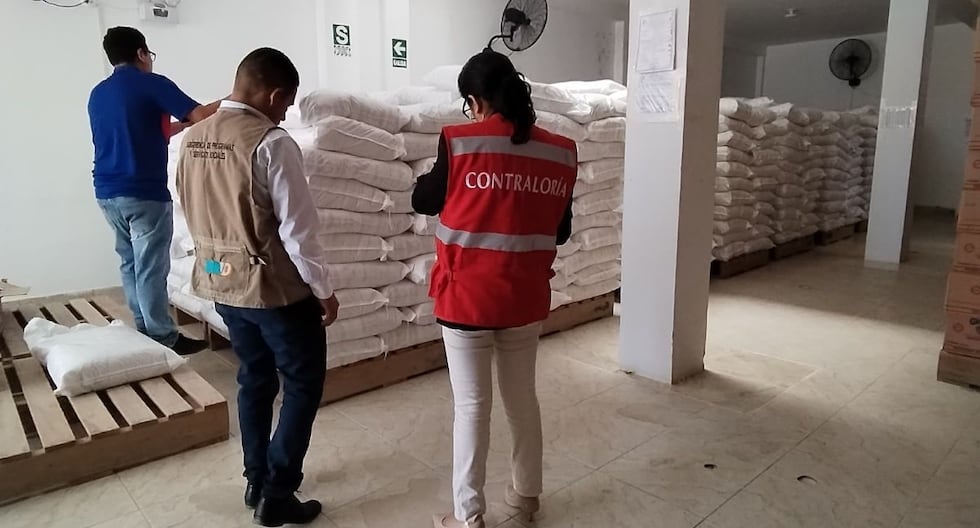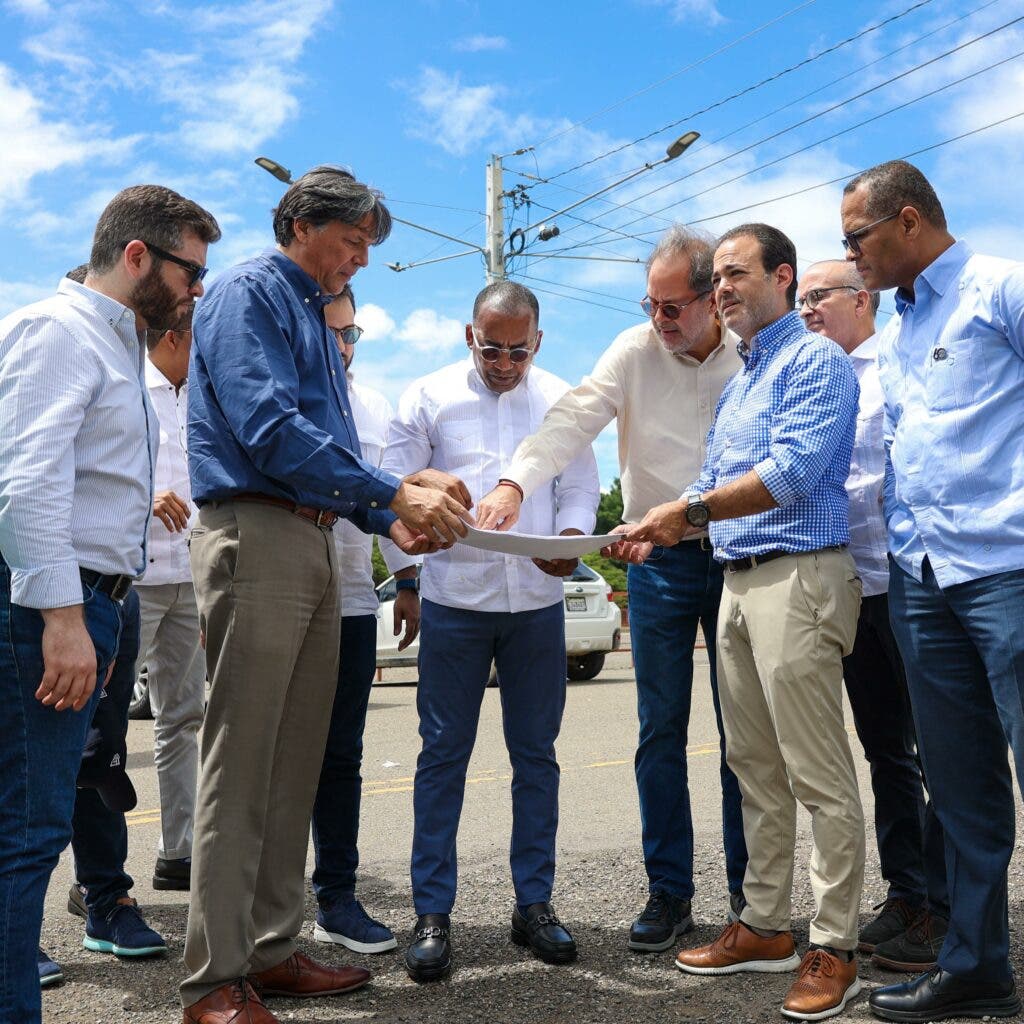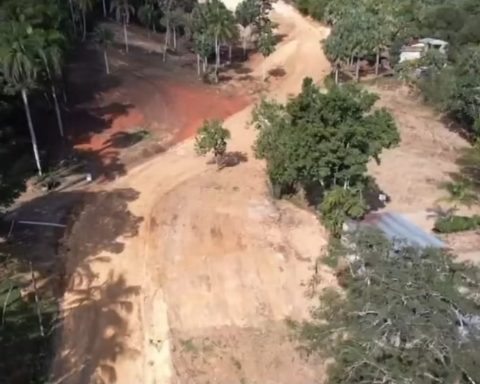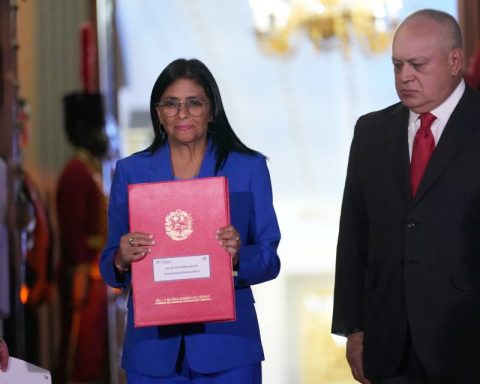The Comptroller’s Office detected deficiencies in the transfer, reception, registration and storage of the supplies of the Glass of Milk Program (PVL)) of the municipality of Veintiséis de Octubre, which is why it requested the prompt adoption of actions to guarantee the good condition of the food and avoid affecting the beneficiaries.
The Institutional Control Body of the District Municipality of Veintiséis de Octubre, through Control Milestone Report No. 020-2024-OCI/6042-SCC, detailed that during the second delivery of evaporated milk, the auditing commission found that the vehicle container was not clean and it was unknown whether they had been disinfected, since the transfer of the milk boxes from the trailer truck to the small cargo vehicles was carried out in another geographical area.
In addition, the staff that arrived at the premises found that the canned milk shared space with a vehicle tire, there were even loose cans that had direct contact with the floor of the container, without considering that the supplies must be transported appropriately to prevent cross contamination and the transport must be cleaned and disinfected before loading the products and conditioned with sufficient means to protect them from any contamination.
YOU MAY BE INTERESTED IN: Tears and pain over the death of a young university student in Piura
Another of the deficiencies found is that when unloading and placing the products, the stevedores did not conveniently stack the boxes of evaporated milk in their place, even standing on the boxes, without considering any procedure to prevent the cans from hitting each other and becoming dented, as well as a probable contamination of the products by transfer of foreign substances that could be harmful to the health of the thousands of beneficiaries in the district of Veintiséis de Octubre, mainly low-income children.
Meanwhile, the Comptroller’s Office found that the receipts for the oat flakes and milk were signed on the day and time that said supplies were received and signed by the program’s warehouse manager, the person in charge of the asset control and warehouse subunit, the nutritionist and representatives of the suppliers, without all of these people having been present during the receipt of each delivery, which was evident.
SEE MORE:Piura: 860 hectares of cotton planted in the valleys of Medio, Bajo Piura and Sechura
In this regard, the entity carries out the reception phase of the program’s inputs, from loading, stowage and unloading, as well as their registration, without the delivery conditions, which affects the efficiency of the contractual execution, traceability, quality and protection of the inputs.
It should be noted that the program premises do not have an exclusive space for supplies, since it has been sharing the space with food baskets. On the other hand, it is observed that said space has walls that need to be repaired, the floor has cracks, the external windows are open and unprotected, leading to easy access of all kinds of animals and external agents such as dirt, dust and garbage, violating the provisions of the Program’s ROF, Sanitary Standards and Movable Property Directive.


















